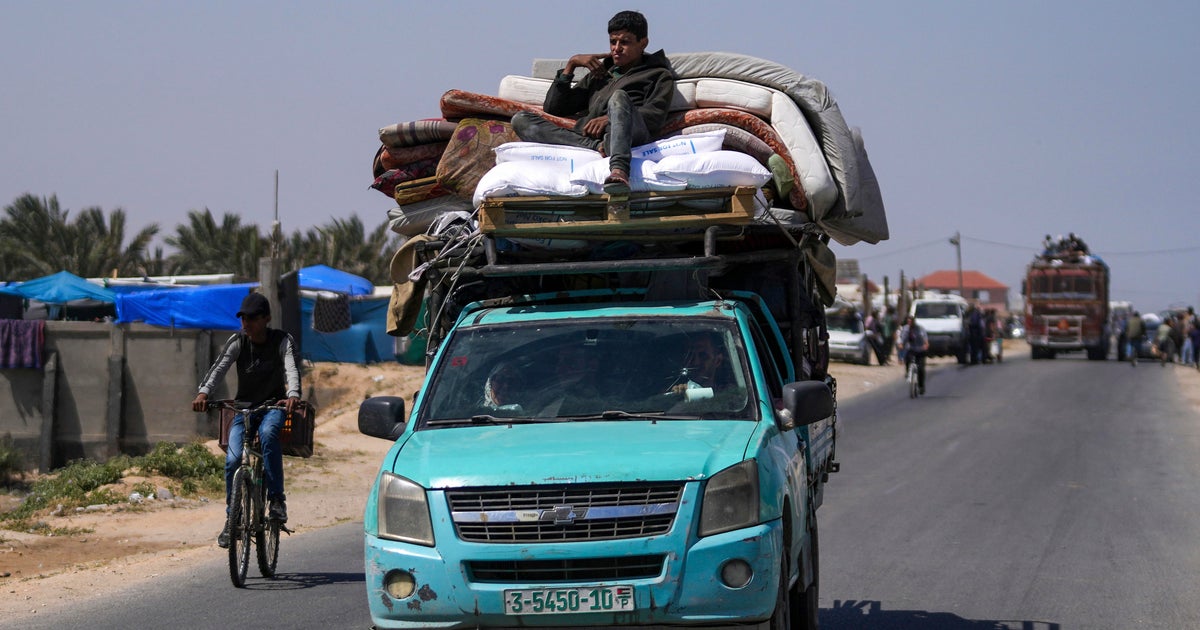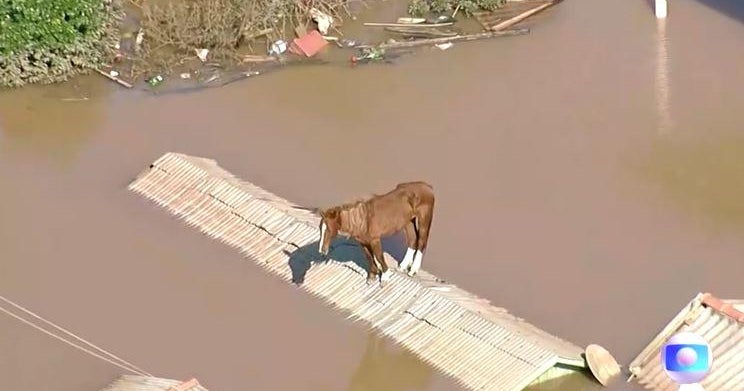China is back in emergency mode, racing to contain COVID surge before holiday
Beijing — China is rushing to build a massive quarantine camp with more than 4,000 isolation suites in Hebei Province, a region just outside Beijing at the center of a resurgent coronavirus epidemic. Ahead of a holiday that normally sparks the biggest mass-movement of humans on the planet, authorities have put tens of millions of people under strict lockdown in a bid to stem the spread of COVID-19 a year after it first surfaced.
The new isolation center spans more than 108 acres on the outskirts of Shijiazhuang city, the provincial capital of Hebei Province, which surrounds Beijing. It will temporarily house close contacts and secondary contacts of confirmed COVID-19 patients so they can be kept under medical observation for any signs of infection.
A time-lapse video aired by state broadcaster CCTV shows construction crews working around the clock to build the massive facility.
"Over 4,000 construction workers labored six days and nights non-stop" to get the first batch of 606 rooms finished, and another 1,173 were set to be completed on Wednesday, according to Shijiazhuang Deputy Mayor Meng Xianghong.
Each room in the quarantine center is about 194 square feet and will have an en-suite bathroom, 5G WiFi and a television, along with desks, chairs and beds, according to state media.
The scenes of the emergency construction project in Shijiazhuang reminded many Chinese of Beijing's efforts a year ago to build makeshift hospitals in the central city of Wuhan, where the first COVID-19 cases emerged. Two hospitals were built from the ground up in just 12 days.
But Hebei province is now the epicenter of the coronavirus' resurgence in China. There have been more than 800 locally transmitted cases since COVID-19 infections started surging again in the country at the beginning of January. More than 90% of those new cases have been counted in Shijiazhuang.
While the numbers pale in comparison to outbreaks battering the U.S., Great Britain and other hard-hit countries, China had emerged almost completely from the pandemic just weeks ago, and it's taking an aggressive approach to reining in the new infections.
Shijiazhuang began a third round of mass-testing on Wednesday, aiming to screen all 11 million residents for COVID-19 within three days. In the meantime, the city is locked down, with residents ordered to stay home with few exceptions.
Chinese Vice Premier Sun Chunlan visited Hebei province this week and toured Shijiazhuang, where she urged swift and resolute action to curb the spread of the disease. She called on Hebei's regional authorities to learn lessons, and specifically to suspend religious gatherings that have been blamed for fueling the current spread of the virus.
Health officials in Beijing have confirmed, meanwhile, that two cases of the highly transmissible COVID-19 variant first detected in the U.K. were detected this week in the capital. And on Thursday, the first locally transmitted coronavirus case in two months was confirmed in the financial hub of Shanghai.
The outbreak in Hebei, and the cases popping up elsewhere, have put the Chinese government on edge ahead of the Lunar New Year, which typically sees hundreds of millions of people travel across the country to be with family. The two-week holiday period kicks off in the second week of February.
Tens of millions of people in Hebei, Jilin and Heilongjiang Provinces are under tight lockdown restrictions, including about 20,000 people moved last week from villages outside Shijiangzhuang into centralized quarantine centers.
Officials are urging people to avoid travel during this Lunar New Year holiday. Anyone who does wish to return home to a rural area from a Chinese city will be required to show a negative COVID-19 test result from within seven days of their trip, the National Health Commission said on Wednesday. Most of China's 280 million rural migrant workers would normally head home to their villages for the New Year holiday.
Beijing officials have also said they will extend the mandatory observation period for inbound international travelers to the capital to 28 days, to help prevent the import of new COVID-19 cases, especially of the worrying new variants spreading elsewhere.
China has also stepped up its vaccination program, with more than 15 million doses having been doled out as of Wednesday.






